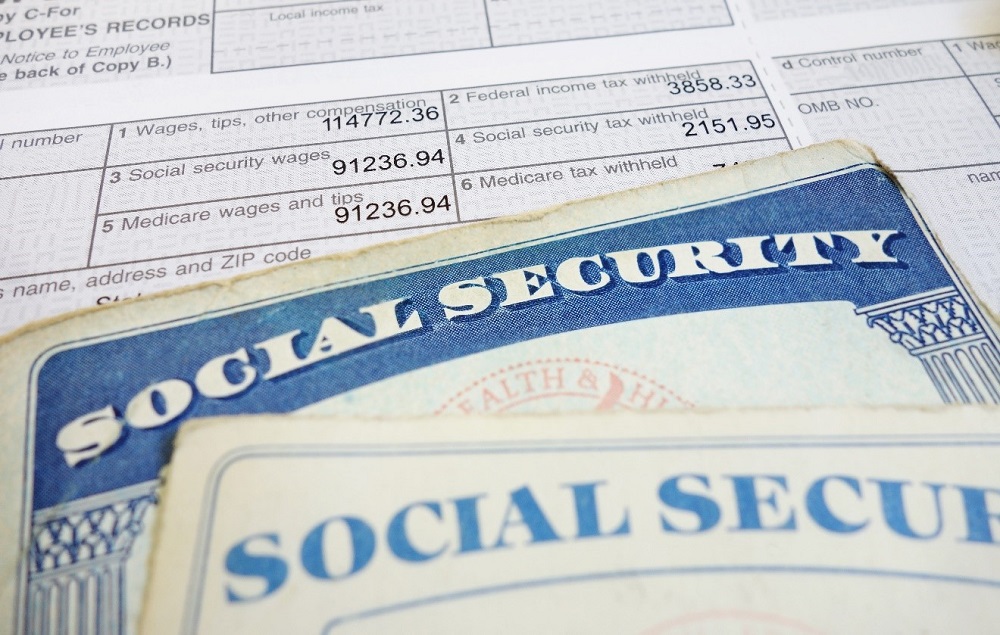When Social Security benefits became taxable, 1 in 10 people were affected. Today, more than half of those receiving benefits pay some kind of tax on them.
How did we go from less than 10% to more than 50% of beneficiaries paying taxes to their graves?
Washington, D.C., never indexed the taxable thresholds to inflation. As inflation underwent its guaranteed annual increase every year since benefits became taxable in 1983, threshold numbers stayed the same. They are still at 1983 levels.
Singles who make more than $25,000 and couples who report more than $32,000 can have up to 50% of their benefits taxed. The higher rates, up to 85%, kick in at $34,000 per year for singles and $44,000 for couples.
Those even look and sound like 1980s-sized numbers.
If the thresholds had been adjusted for inflation for the last 36 years, only singles who earn more than $64,000 per year and couples who make more than $82,000 would pay any taxes on their benefits.
Those numbers seem a lot more reasonable than what we face now – but this will never be fixed.
That’s because all the taxes paid by beneficiaries go back into the Social Security and Medicare funds. Both are in trouble and need revenues anywhere they can find them.
The real problem, though, isn’t taxes, or even the fact that too many people are paying them to the grave.
The problem is that when you hit age 70 1/2 and lose control over how much you have to withdraw each year from your tax-deferred retirement accounts, you risk bumping yourself up into a higher tax bracket.
That’s when the kimchee really hits the fan.
It’s something almost no one plans for, and I have seen some very shocked expressions on the faces of those who, the year after they turned 70 1/2, were handed whopping tax bills they never expected.
I don’t see any way that we’ll get any reasonable relief from the retirement mess Congress dropped on us; but you can at least look at the required minimum distribution (RMD) formulas and get an idea of what kind of tax liability you’re looking at down the road on your income and Social Security benefits.
Most of us can’t handle a four- or five-figure tax surprise. Get a handle on this now.
Good investing,
Steve
